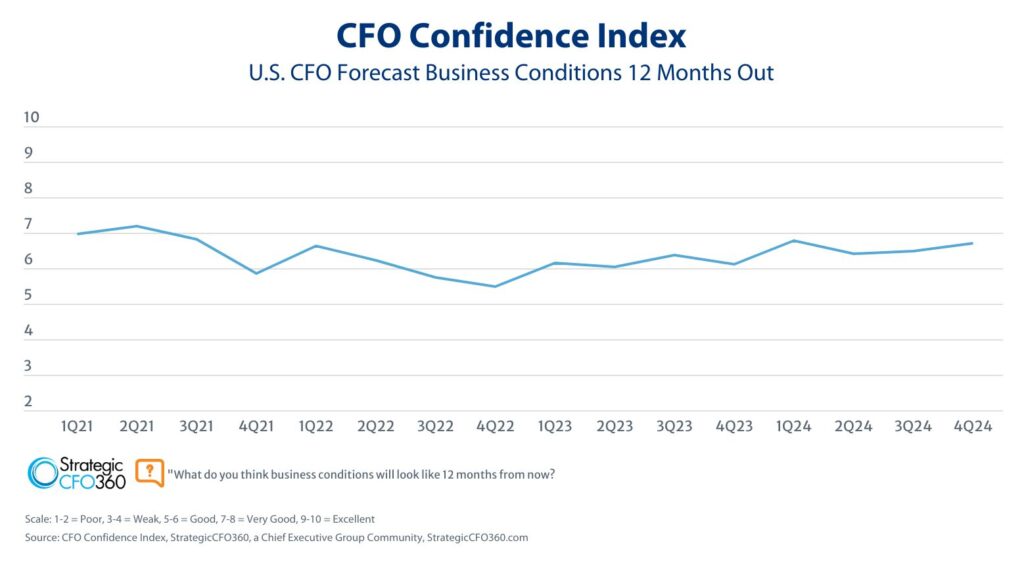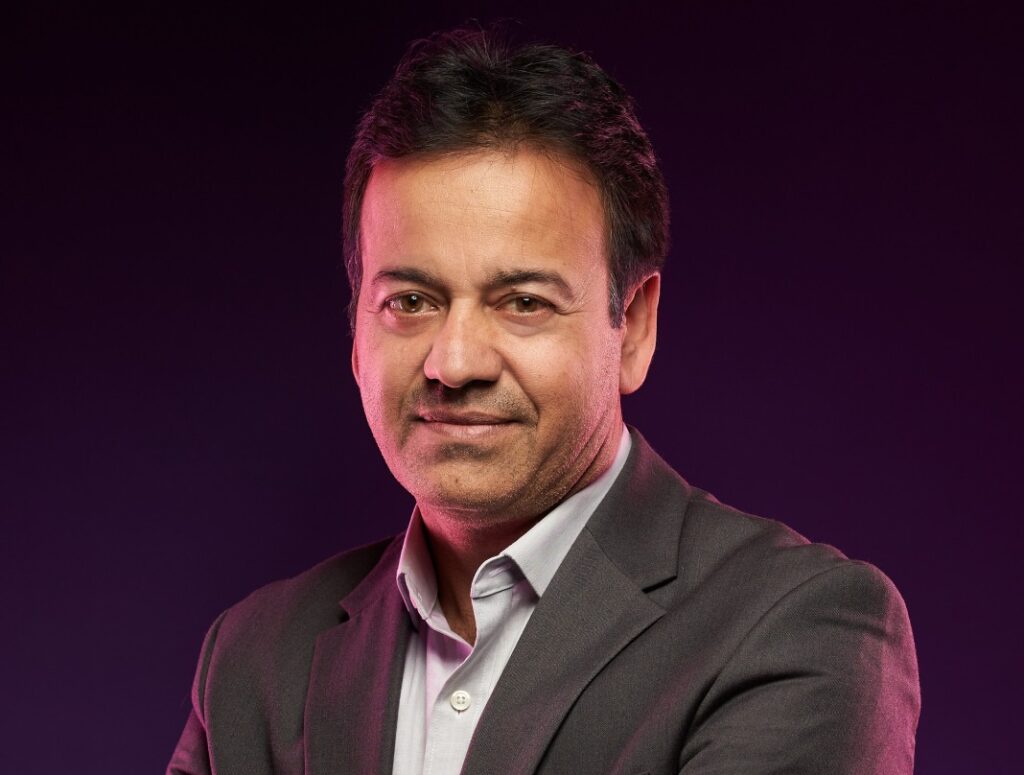Even as the U.S. labor market cools, a long-term shortfall in the labor pool looms. The number of available workers will lag the nation’s population growth by 6 million people in as few as eight years, according to labor availability projections.
But most organizations see only the short-term issues. They invest in attracting the most talented candidates rather than identifying the most talented and those who might want to work with the company for more than a short couple of years.
One finance chief who has a long-term view is Renae Flanders, the CFO of World Insurance Associates. Just a few years ago, Flanders ended a 24-year stint at Aon, including eight years as CFO of Aon Risk Solutions. Flanders sees the value of developing up-and-coming finance professionals and giving them opportunities for growth internally.
“The employer-employee landscape has evolved significantly, and accounting and finance needs to adapt to those changes,” she tells our Katie Kuehner-Hebert.
In the following interview, Flanders shares her methods to hiring and development as well as the importance of data in the company’s decision-making.
World Insurance has been rolling up smaller brokers the past three years and raised $1 billion in debt and equity from Goldman Sachs Asset Management in 2023. As World Insurance grows, what’s your approach to scaling the finance team?
Building the right team starts with retention, not attraction. A valued and engaged team will always go the extra mile. As a leader, I ensure my team members feel engaged, inspired and professionally fulfilled. Creating an environment of transparency helps the team understand how their work directly impacts the organization’s collective goals. That includes the company’s plans to scale, which often require implementing new technologies.
Gaining trust and respect through transparency and feedback fosters open, honest and collaborative dialogue, especially during change. My job is to help the team succeed, grow their careers, get them out of their comfort zones—and sometimes get out of their way! I also want them to feel great about their contributions.
When making staffing decisions, I leverage data, analytics and industry standards to get a strong baseline of where the finance function fits into the organization. At the same time, I recognize that data does not provide a comprehensive view. That is why I prioritize soliciting feedback from my management team, as strain and potential burnout are sometimes hidden deep within the data. Ultimately, serving our clients is most important, so I must ensure my team is suitably staffed to achieve that.
How do you build the right kind of team in a challenging hiring market?
In a competitive hiring landscape, I follow the same guiding principles. I look to attract new colleagues who are focused on long-term success and, therefore, long-term retention. At the same time, I focus on what is best for the whole employee and align it with what will make the business successful. Ultimately, I am only as good as the team that supports me, so I invest substantial effort in having the right mix of talent.
You mentioned leveraging data and analytics. How does data analysis help shape the company’s growth strategy?
Data analysis is crucial for a CFO, providing the factual basis for informed decision-making. Without it, decisions are made blindly. The data acts as the single source of truth, which then feeds modeling around sensitivity analysis, long-range planning, capital allocation strategies and overall risk management.
Since the CFO is the keeper of that single source of truth, consistently providing analysis to the broader leadership team keeps them informed and accountable for their decisions and the outcomes. Through data analysis, we can identify trends, patterns and anomalies in business performance—addressing potential issues before they become real challenges. Data analysis is also a powerful tool for measuring employee performance and aligning goals and objectives.
What process do you use to assess the quality of the data the company uses as an input to decisions?
CFOs must rely on consistent, timely, repeatable, verifiable and actionable data to effectively partner with business leaders. We must have strong confidence in our data to achieve this, as errors can be very costly. [World Insurance] has a quality measurement standard to evaluate the accuracy, completeness, validity and integrity of data. In other words, we trust but verify.
We have all had that terrible feeling of delivering a report only to have the recipient immediately question its accuracy. That is why the data and the processes for harvesting the data need to backed by documentation that is accessible and easily cross-referenced. It ensures the data is robust, reliable and relevant.








